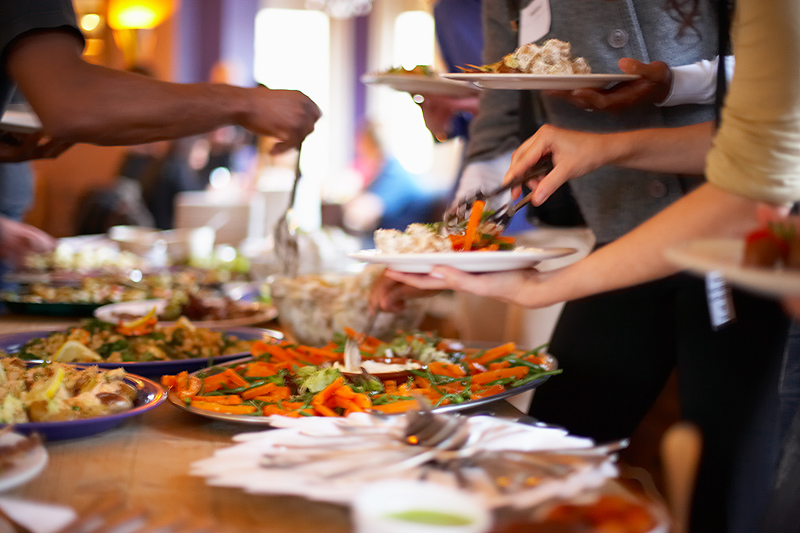
Verlon Fosner
Tell us briefly the vision and story of Dinner Church.
As an 85-year-old church in the heart of Seattle, doing poorly month after month, we needed a new way to stay in the rescue mission. Otherwise we would have to move out of the city like so many others. This vision—a restoration of an ancient way of doing church that resonated with cosmopolitan Seattle—came at a time when we really needed it. When we first began Dinner Church, we were surprised how quickly it started to fill up with sinners and strangers and seculars—people whose lives, quite frankly, were not going all that well, though we would never see that in a Sunday morning gathering.
Where do you see biblical impetus for this way of doing church?
Dinner Church is about restoring the Jesus dinner table theology that was practiced during the apostolic era of the early church. It’s tough to find a mention in the Bible of Christians gathering without a table and food involved. Many of us haven’t taken into account how different it is to talk about Christ around a table as opposed to a traditional teaching environment. They assumed Christ would be there in the room. They had a sense of divine presence every time they gathered.
Why is a good meal so attractive to people?
It’s the best metaphor for the gospel we’ve found. We put out quality, abundant food because we’d rather show the gospel than have to just explain it. People walk through the line and see more food than they can possibly eat—all the colors and carved meats—and they realize Jesus paid for this. They’re not being billed for it. Then we build on this imagery throughout the evening. The food provides a critical, immediate sense of abundance of generosity and divine care for people.

